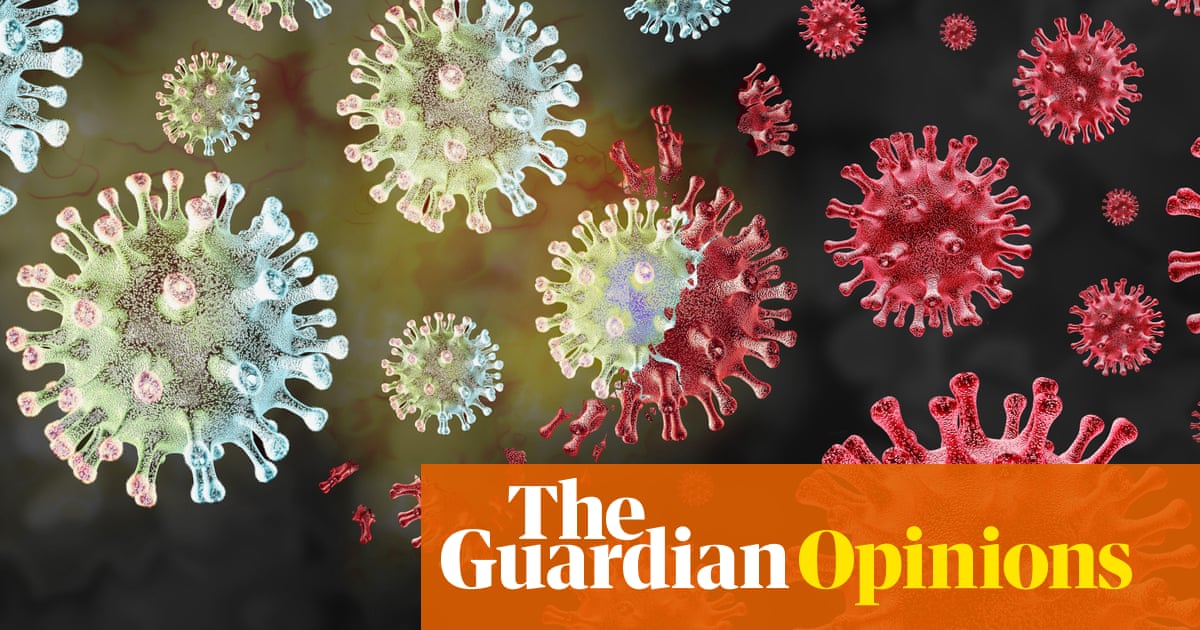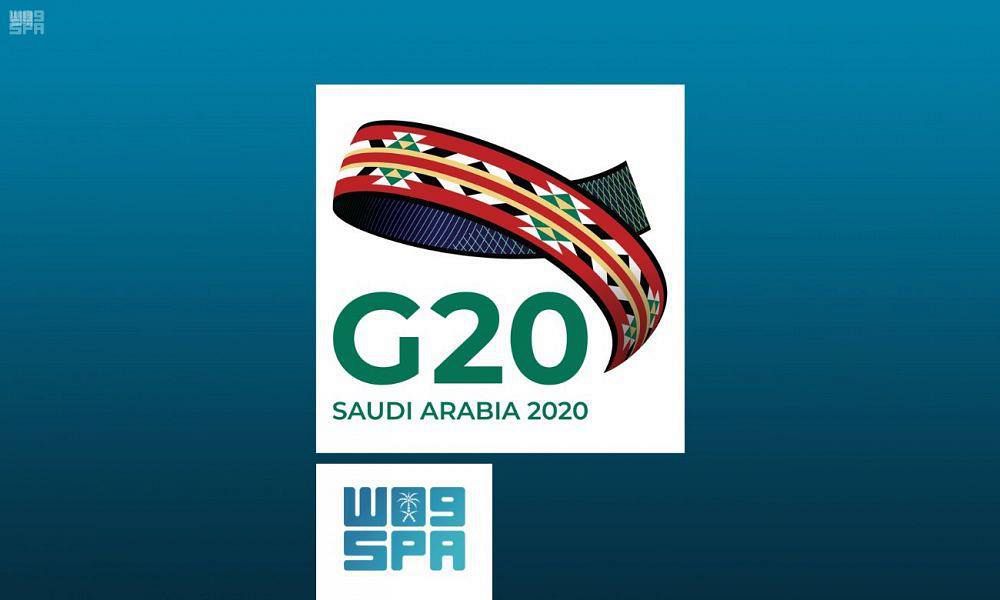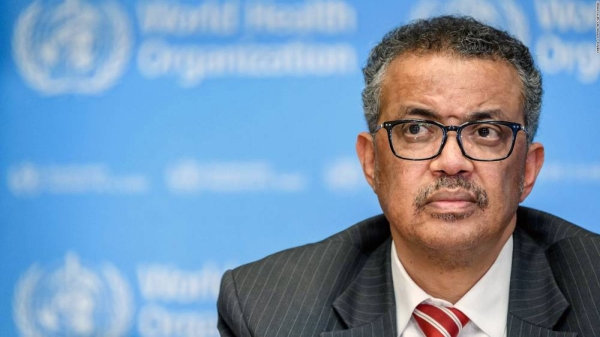
n the evening of 7 March 2020, I received an email from the manager of the office building where I work in central Hanoi. It said the father of Nguyen Hong Nhung, the 17th Covid-19 patient in the country and first in the city, had dined on the third floor of the building the night before. Although he had twice tested negative for the virus, the building managers had reported his presence to the authorities. Seven staff who had been in contact with him were isolated and the building was immediately cleaned with disinfectant spray.
To date, Vietnam (population: 95 million) has recorded 35 deaths from the novel coronavirus. My office building’s response was typical of the aggressive contact-tracing strategy the country adopted from the beginning of the pandemic. During the first phase, the government managed to cut off all the virus transmission routes promptly and comprehensively. Every infected person was hospitalised. People in contact with them were traced to the fourth layer and isolated. Their homes and neighbourhoods were put under local lockdown and sanitised by the army. The country has effectively been acting as if this were biological warfare.
Vietnam had all the ingredients for a Covid-19 disaster. It has a 1,300km (800-mile) border with China, with lots of informal trade via secret mountain trails, and an under-developed healthcare system (albeit a well functioning one). So, beyond contact-tracing, why has Vietnam been so good at dealing with the pandemic?
The central reason is perhaps the way the government has depoliticised the pandemic, treating it purely as a health crisis, allowing for effective governance. There was no political motive for government officials to hide information, as they don’t face being reprimanded if there are positive cases in their authority area that are not due to their mistakes. I haven’t heard about any religious opposition to the government’s strategy either. With the head of Hanoi centre for disease control being arrested for suspected corruption in relation to the purchase of testing kits, and small traders getting fines for price-gouging face-masks, the government has also been clear that public health cannot be entangled with commercial interests.
The second reason is Vietnam knows China well – it learned from the Sars outbreak in 2003 that the Chinese authorities might downplay it. In January, when Wuhan announced the first death, Vietnam tightened its border and airport control of Chinese visitors. This wasn’t an easy decision, given that cross-border trade with China accounts for a significant part of the Vietnamese economy. When the first Covid cases were announced in Vietnam – a father and son from China – it took precautionary measures above and beyond World Health Organization recommendations, including health declaration and temperature screening at every border entry point and stopping flights to and from Wuhan. Preparations for a pandemic were implemented a week before the outbreak was officially a public health emergency of international concern, and more than a month before WHO declared Covid-19 a pandemic.
The government also decided to embrace freedom of information on Covid-related matters. Although the Vietnamese media is state-owned, featuring ideological control similar to that of China, they are free to report about the pandemic. When a member of the central theoretical council of the central committee, the brain of the Communist party of Vietnam, contracted the virus on a trip to the UK, and risked infecting the minister of planning and investment who was on the same flight as him, his whereabouts were published for contact tracing. This was another lesson learned from the experience of Sars.
The motto for the first phase was that if we stay alive, the question of wealth and the economy can come later. Ordinary people did suffer, such as the gig economy workers: whenever I order a Grabcar (a south-east Asian version of Uber) these days, the vehicle that arrives is always newer and more expensive that what I’m used to; as a driver explained, those who used to pick me up in their cheaper cars have had to sell them to stay afloat, leaving only those with deeper pockets left in the market.
But now the government has shifted its anti-Covid strategy towards the economy. The tactics for the second wave are more sophisticated. Contact tracing is still prompt and aggressive but lockdown and isolation are more selective; international flights have been opened for foreign workers, such as engineers from South Korea’s LG, who are needed to keep the economy functioning.
For now it looks like Vietnam has seen off the threat of a second wave. There will be challenges ahead – the shops and hotels in the most fancy streets of Hanoi and Ho Chi Minh City remain empty, and South Korea, one of Vietnam’s biggest investors, is pushing for it to shorten the time for compulsory isolation for foreign workers. But given that Vietnam is one of the few countries in the world currently experiencing positive GDP growth, the supposed trade-off between the economy and public health, which countries around the world are negotiating, looks to be something of a false choice.
• Tran Le Thuy is director of Centre for the Media and Development Initiatives in Hanoi












